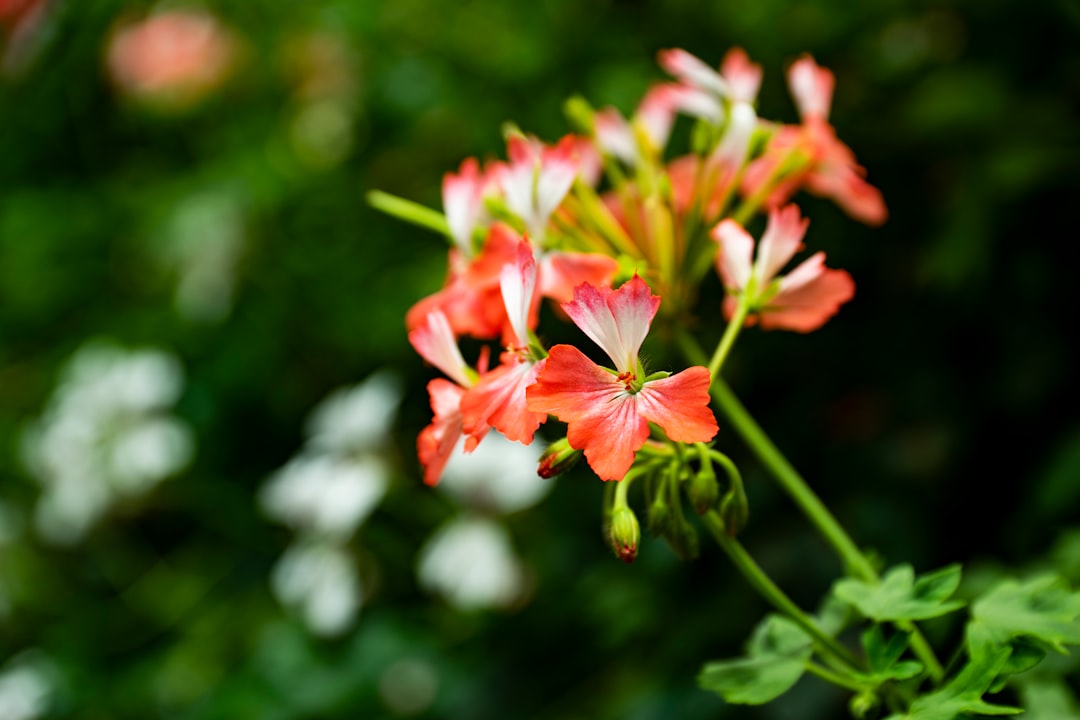Banish Wasps from Your Outdoor Dining: Expert Solutions

When the sun is shining and the weather is warm, there's nothing quite like enjoying a meal or cooking outdoors. However, the presence of wasps can quickly turn this idyllic experience into a nightmare. These stinging insects are not only a nuisance but can also pose a real threat, especially to those who are allergic. In this article, we'll explore some expert tips on how to keep wasps away from your outdoor dining area and ensure a peaceful and enjoyable time.
First and foremost, it's important to understand why wasps are attracted to your outdoor space in the first place. Wasps are drawn to food, especially sweet and sugary substances. They are also attracted to the smell of ripe fruits, meat, and other protein - rich foods. Additionally, they are attracted to the warmth and light that often accompany outdoor dining areas. By addressing these attractants, you can significantly reduce the presence of wasps.
One of the simplest ways to keep wasps away is to keep your dining area clean. Make sure to clean up any spills or food debris immediately. This includes wiping down tables, chairs, and the ground around your dining area. Don't leave dirty dishes or utensils sitting out for long periods of time. If you're having a barbecue, clean the grill thoroughly after use to remove any leftover food particles that might attract wasps.
Another effective strategy is to cover your food. Use mesh food covers or lids to keep wasps from getting to your meals. This is especially important for sweet treats like cakes, fruits, and soft drinks. When you're not actively eating, keep the food covered. Even a small amount of exposed food can be enough to attract a swarm of wasps.
You can also use natural repellents to deter wasps. Certain plants have properties that wasps dislike. For example, mint, lemongrass, and citronella are known to repel wasps. Plant these around your outdoor dining area or place potted versions on your tables. You can also make a natural wasp - repellent spray by mixing water with essential oils from these plants. Simply spray the mixture around the perimeter of your dining area.
Wasps are also sensitive to certain scents. You can use this to your advantage by placing slices of cucumber or lemon near your food. The strong smell of these fruits can help keep wasps at bay. Another option is to use cloves. Stick cloves into an orange or lemon and place it on your table. The combination of the citrus and the cloves creates a scent that wasps find unappealing.
If you have a wasp nest in your yard, it's important to deal with it properly. However, this should be done with caution. It's best to call a professional pest control service to remove the nest. Attempting to remove a nest on your own can be dangerous, as wasps can become extremely aggressive when their nest is threatened.
You can also set up decoy wasp nests. Wasps are territorial creatures, and they will avoid areas where they think there is already another wasp colony. You can purchase artificial wasp nests from a gardening or home improvement store and hang them around your outdoor dining area. This can trick the wasps into thinking that the area is already occupied.
Finally, consider the timing of your outdoor activities. Wasps are most active during the day, especially in the late afternoon and early evening. If possible, plan your outdoor dining for earlier in the day when wasps are less active. This can reduce the chances of encountering a large number of wasps.
In conclusion, keeping wasps away from your outdoor dining area requires a combination of strategies. By keeping your area clean, covering your food, using natural repellents, dealing with nests safely, and being mindful of timing, you can enjoy your outdoor meals without the annoyance and danger of wasps. With these expert tips, you'll be able to create a wasp - free zone and make the most of your outdoor dining experience.